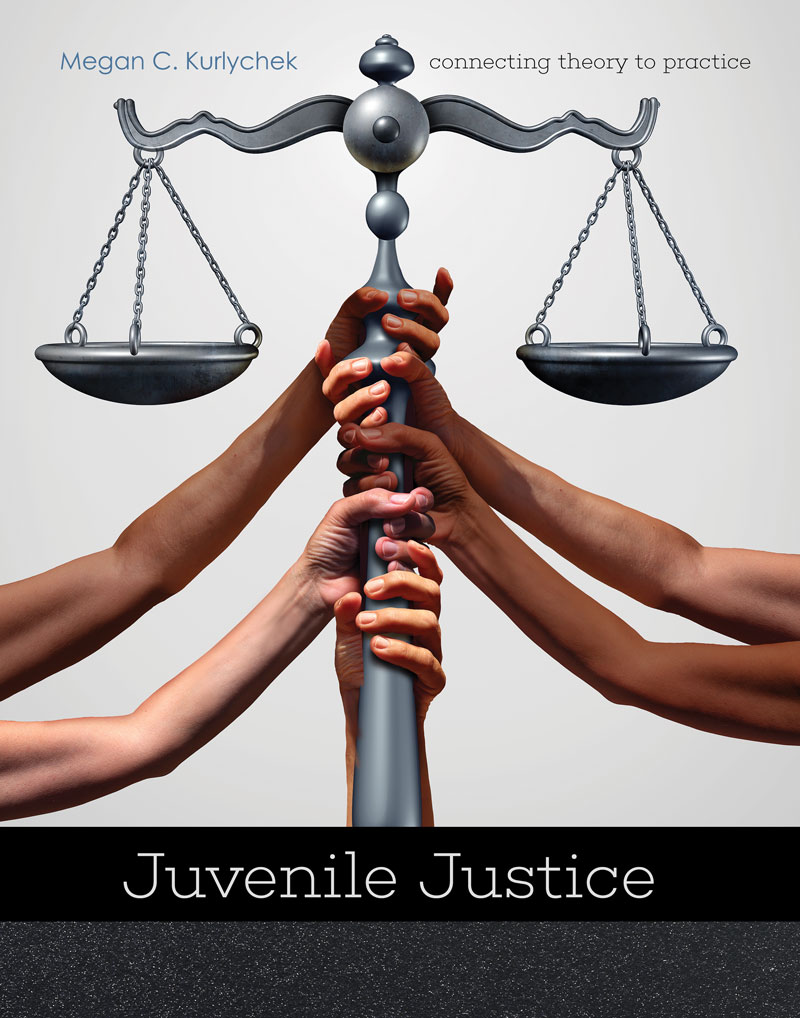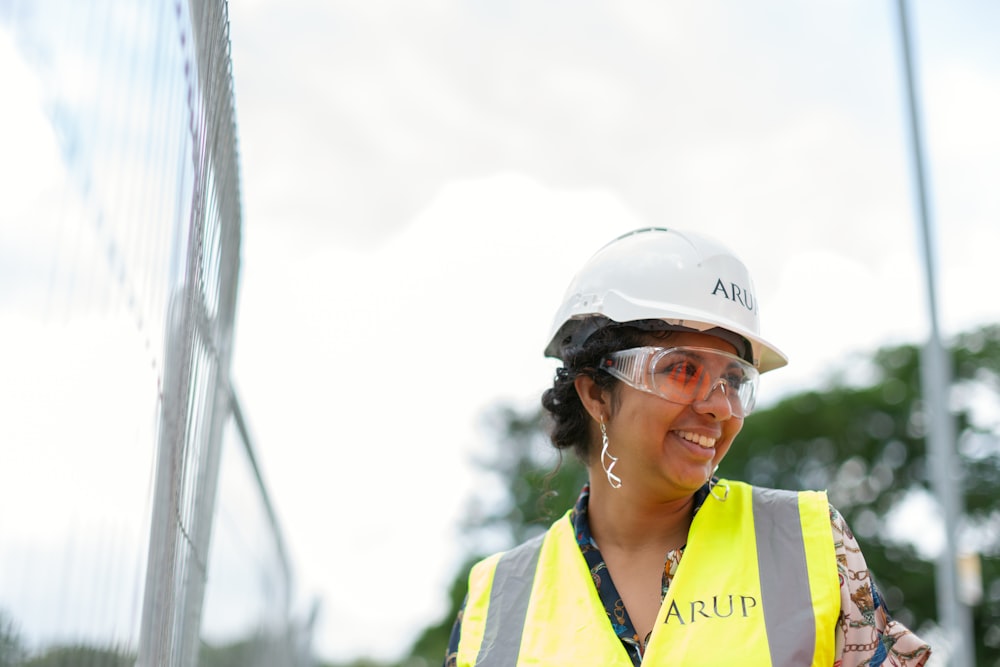
The Foundations of the Juvenile Justice System
The juvenile justice system is designed to address offenses committed by young individuals. Instead of focusing solely on punishment, the system aims for rehabilitation and intervention. Understanding its foundations is crucial for comprehending its distinct approach compared to the adult criminal justice system.
Rehabilitation over Punishment
One key principle of the juvenile justice system is prioritizing rehabilitation over punishment. The emphasis is on addressing the root causes of delinquency, providing counseling, education, and support to help juveniles reintegrate into society as law-abiding citizens. This approach acknowledges the potential for positive change in young lives.
Legal Distinctions and Specialized Courts
The juvenile justice system operates with legal distinctions tailored to the age group it serves. Specialized juvenile courts handle cases involving minors, focusing on individualized assessments to determine the most effective interventions. These courts recognize the developmental differences between juveniles and adults.
Juvenile Detention and Alternatives
In cases where detention is deemed necessary, the juvenile justice system seeks alternatives to traditional incarceration. Rehabilitation centers, community-based programs, and educational facilities are preferred over adult prisons. The goal is to create environments that foster personal development and address underlying issues.
Challenges and Criticisms
While the juvenile justice system aims for rehabilitation, it faces challenges and criticisms. Concerns include disparities in treatment based on race and socioeconomic status, insufficient resources for intervention programs, and debates over the appropriate age for trying juveniles as adults. Addressing these issues remains a continuous effort.
Legal Rights and Due Process
Juveniles, like adults, have legal rights and are entitled to due process. However, the procedures and protections may differ to account for the unique circumstances of juveniles. Ensuring that juveniles are informed of their rights and have access to legal representation is vital in maintaining a fair and just system.
Educational and Vocational Programs
Recognizing the importance of education in rehabilitation, the juvenile justice system often integrates educational and vocational programs. Providing juveniles with opportunities to acquire skills and knowledge enhances their prospects for a successful reentry into society, breaking the cycle of delinquency.
Collaboration with Community Resources
An effective juvenile justice system involves collaboration with community resources. Engaging families, schools, and social services creates a holistic approach to address the factors contributing to delinquent behavior. Community involvement is essential in providing ongoing support and guidance.
Legal Advocacy for Juveniles
Legal advocacy plays a pivotal role in ensuring the rights and well-being of juveniles. Knowledgeable attorneys specializing in juvenile law can advocate for fair treatment, appropriate interventions, and the protection of juvenile rights throughout the legal process.
Consultation with Juvenile Justice System Experts
Navigating the complexities of the juvenile justice system requires expertise. The team at Josslawlegal.my.id specializes in juvenile law, providing guidance and legal representation for juveniles and their families. Consulting with experts can make a significant difference in the outcomes of juvenile cases.
In reimagining the juvenile justice system, the emphasis on rehabilitation and fairness is crucial. Continuous efforts to address challenges, promote education, and engage communities contribute to a system that prioritizes the well-being and future prospects of young individuals. For personalized insights and legal support in juvenile cases, consider consulting with the experts at Josslawlegal.my.id.



